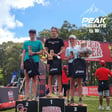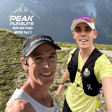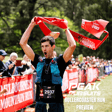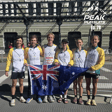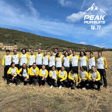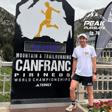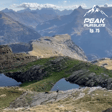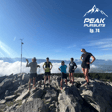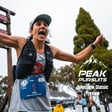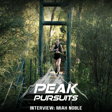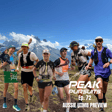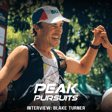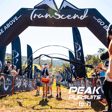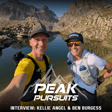
Andrew Gaskell: WMTRC Pre-Race Interview
Tasmanian trail runner Andrew Gaskell has one of the most remarkable backstories in the sport. In this episode, he shares how football and a bucket-list marathon led him to ultras, why the trails of kunanyi/Mt Wellington feel like home, and his rise onto the Australian World Championships team.
We also revisit his extraordinary 2016 survival ordeal in the jungles of Borneo, the lessons it taught him, and how he continues to thrive on some of the toughest terrain in the country. Tune in to hear the full story.
***Don’t forget, use code PPP at Bix’s website for 20% off Bix products, exclusive to PPP listeners!***
Thanks for tuning in to Peak Pursuits! Connect with us on Instagram @peakpursuits.pod to share your thoughts, questions, and trail stories. Until next time, keep hitting the trails and chasing those peak pursuits!
Follow James: Instagram | Strava | Website
Music from #Uppbeat (free for Creators!): https://uppbeat.io/t/mood-maze/trendsetter
License code: K08PMQ3RATCE215R
